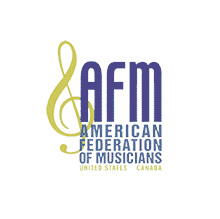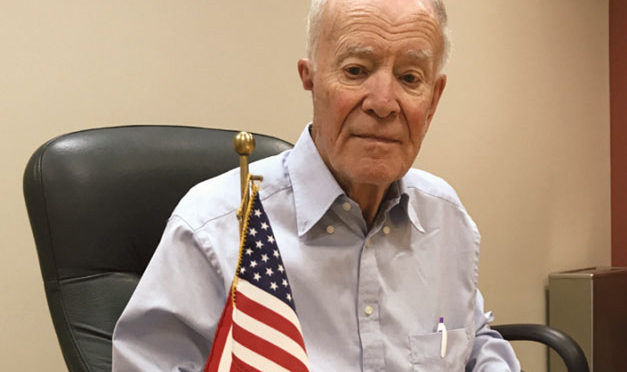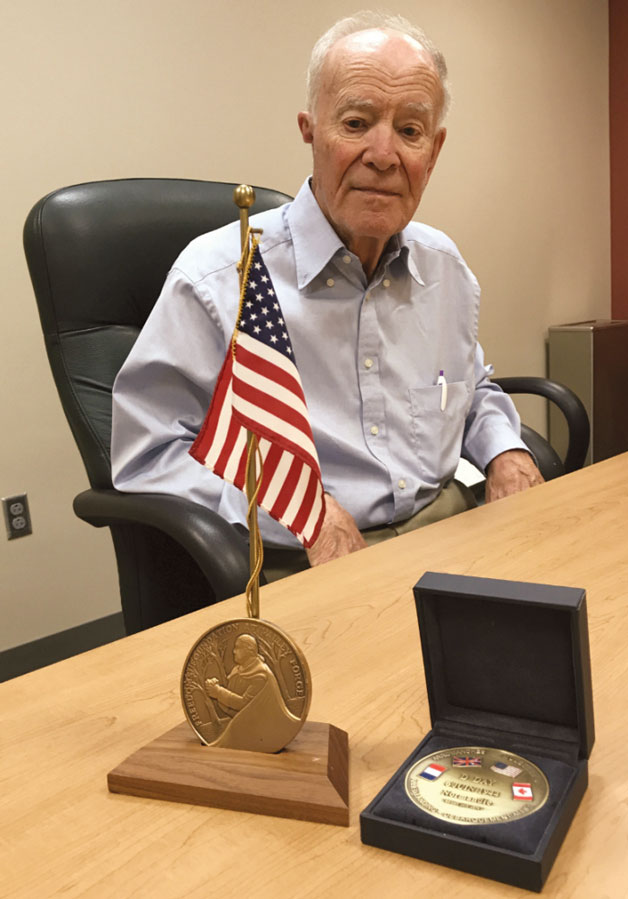Working musicians’ craft is about art and passion, but it’s also a livelihood. Protecting that livelihood requires smart business decisions. From cherished instruments to liability exposure, insurance is a vital safeguard. Through Federation partnerships over the years with group insurance entities, members have accessed a variety of insurance solutions tailored specifically to musicians. To continue meeting these needs, the Federation has teamed up with HUB International, the world’s largest privately-owned insurance brokerage and risk advisory firm. Working diligently with HUB, several new products for US-based AFM members are on the way.
Currently Available Products
Accidents happen, and general liability insurance is crucial for bands, bandleaders, and other musical units to protect themselves from civil liability for injuries or property damage caused to others. Many venues and managements require proof of liability coverage before booking, making this insurance indispensable. Via Insureon, HUB’s commercial products arm, AFM members can now access standalone annual general liability policies starting at $500, tailored to their performance risks.
For organized groups or other performing musical business entities that need comprehensive protection, Insureon now offers a Businessowner’s Policy (BOP), combining “all risks” property coverage (which can include far more than just musical equipment) with general liability insurance. This bundled approach offers significant savings, with premiums starting at $500 annually.
VIU by HUB connects members with personal insurance solutions such as auto, homeowner’s/renter’s, personal umbrella, and pet insurance. Members can learn more about these options via the user-friendly one-stop member insurance portal at afm.org, providing a seamless online customer experience augmented by live agent support.
Available Soon
Instruments are career essentials. Whether it’s a vintage violin or a modern digital setup, no equipment means no gigs. The AFM is currently working with Insureon to finalize an additional equipment insurance product that will offer broad, affordable protection against direct physical loss or damage—whether at a fixed location or in transit. With competitive premiums, this “all perils” coverage is customizable based on the instrument’s value, location, and claim history.
This upcoming equipment-only policy will provide an even more cost-effective way to ensure your gear is covered, offering flexibility for members who may not need the broader insurance packages. These and the other available options will make it even easier for AFM members to protect their gear and livelihood without breaking the bank. Be sure to check back next month for more details and to take advantage of these affordable new offerings!







